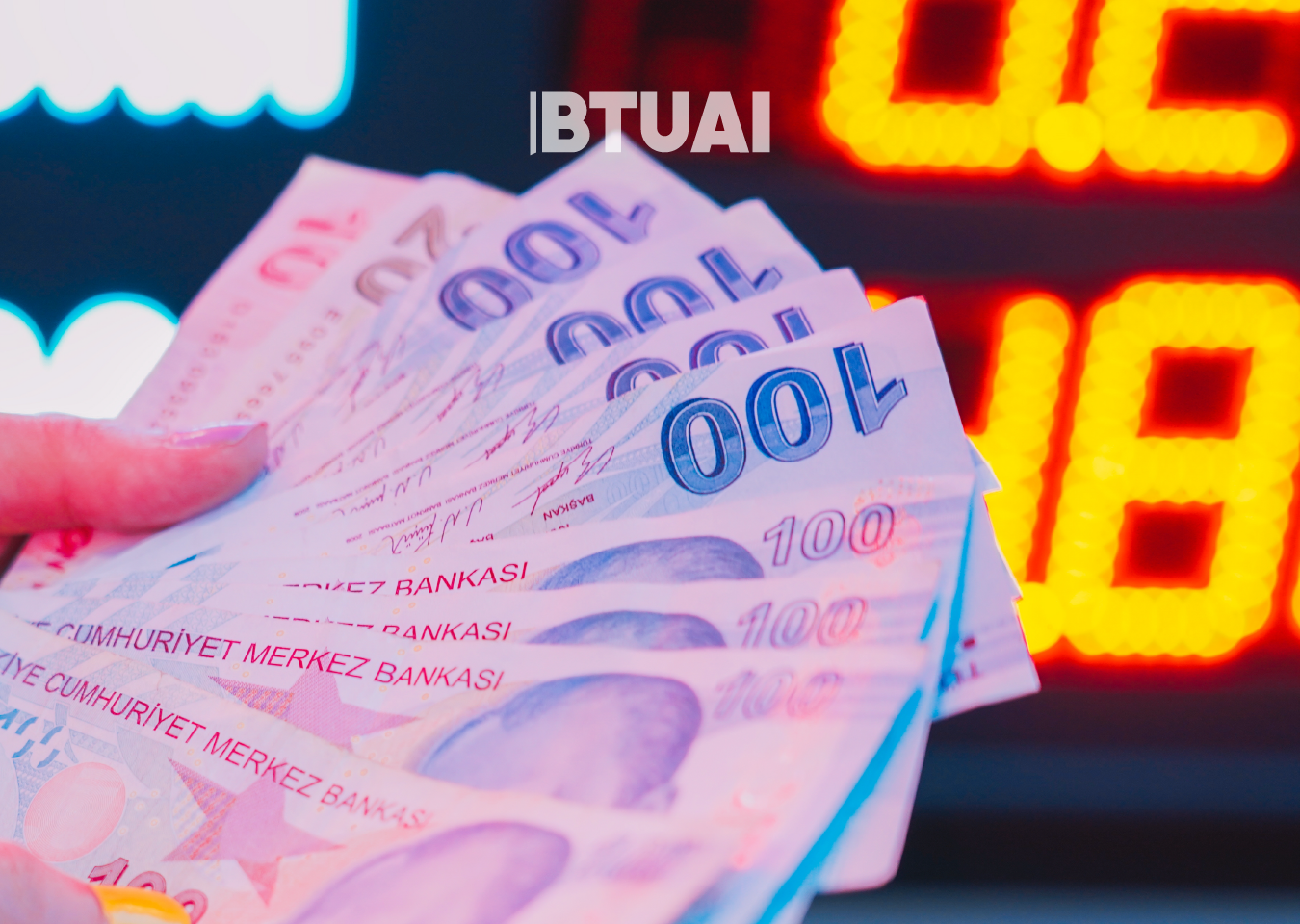Turkey’s Political Crisis and the Historical Depreciation of the Lira
Turkey is currently facing one of the most severe political and economic challenges in its recent history. The arrest

Turkey is currently facing one of the most severe political and economic challenges in its recent history. The arrest of Istanbul’s Mayor, Ekrem İmamoğlu, who is the main political rival of President Recep Tayyip Erdoğan, has sparked intense protests, further complicating the country’s already turbulent situation. According to BBC reports, approximately 100 politicians, businessmen, and media representatives have been detained following İmamoğlu’s arrest, demonstrating the depth of Turkey’s political crisis.
The escalation of political tensions and the forceful crackdown on demonstrations — which included the use of pepper spray by police — has intensified negative expectations within the country’s economy. This turmoil has had a direct impact on Turkey’s national currency. Yesterday, the lira hit a record low against the dollar, reaching 41,000 for the first time. While the lira slightly strengthened today, the situation remains extremely unstable, with the exchange rate hovering around 38 lira per dollar.
The sharp devaluation of the lira has directly affected the country’s stock market. Turkey’s primary stock index, “Bist 100,” fell by nearly 9% in a single day, underscoring growing fear and uncertainty within the Turkish economy. Currently, the price per share in the index has reached 9,860 lira, a worrying signal for investors.
The political and economic crisis is also affecting neighboring countries, particularly Georgia. Turkey remains Georgia’s most important trading partner, and their economic relations are deep and multifaceted. During January-February of this year, trade between the two countries exceeded $384 million. However, the trade structure is unfavorable for Georgia, as it imports much more than it exports. For example, imports from Turkey during these two months reached $337.9 million, while Georgian exports to Turkey amounted to only $40.5 million.
Of particular concern is the fact that Georgia’s trade relations with Turkey are deteriorating annually: compared to 2024, exports have decreased by almost 25%, while imports have dropped by 17%, indicating that Turkey’s economic problems are already directly affecting Georgia.
An interesting trend is also observed in monetary transfers — remittances from Turkey to Georgia have increased, likely driven by the heightened economic activity of Georgian citizens living in Turkey or their desire to preserve income in foreign currencies amid the lira’s depreciation. Transfers this year have exceeded $15.7 million, representing a nearly 7% increase compared to the previous year. However, the amount of money sent from Georgia to Turkey is decreasing, further highlighting the weakening of one of the most significant economic links.
Another important economic indicator is tourism. The number of visitors from Turkey to Georgia has decreased over recent years, which negatively impacts Georgia’s tourism sector. In 2024, the number of tourists from Turkey dropped by 4.3% compared to the previous year, totaling 1,336,834 visitors. Meanwhile, the number of Georgians traveling to Turkey also declined — in 2024, only 72,600 people visited Turkey, significantly fewer than the previous year’s figure of 84,100.
The ongoing crisis in Turkey, mainly driven by political conflict, has already demonstrated how developments in a neighboring country can significantly impact Georgia’s economy. The Georgian government will likely be forced to actively search for alternative trade partners and focus on economic diversification to minimize the potential damage caused by Turkey’s instability.
Despite the risks, Turkey remains one of Georgia’s most important trading partners, which means that in the near future, Georgia will face additional challenges that require swift action to ensure economic stability and protect its vital interests.




